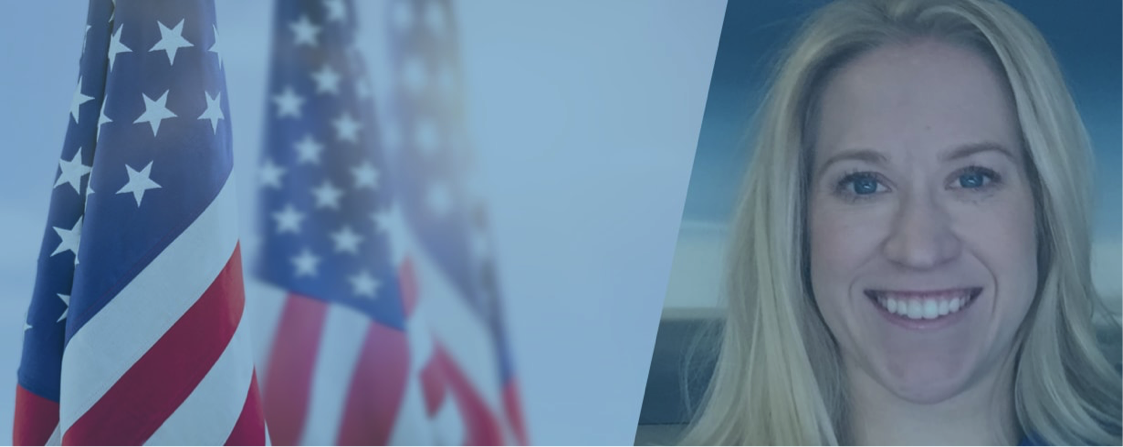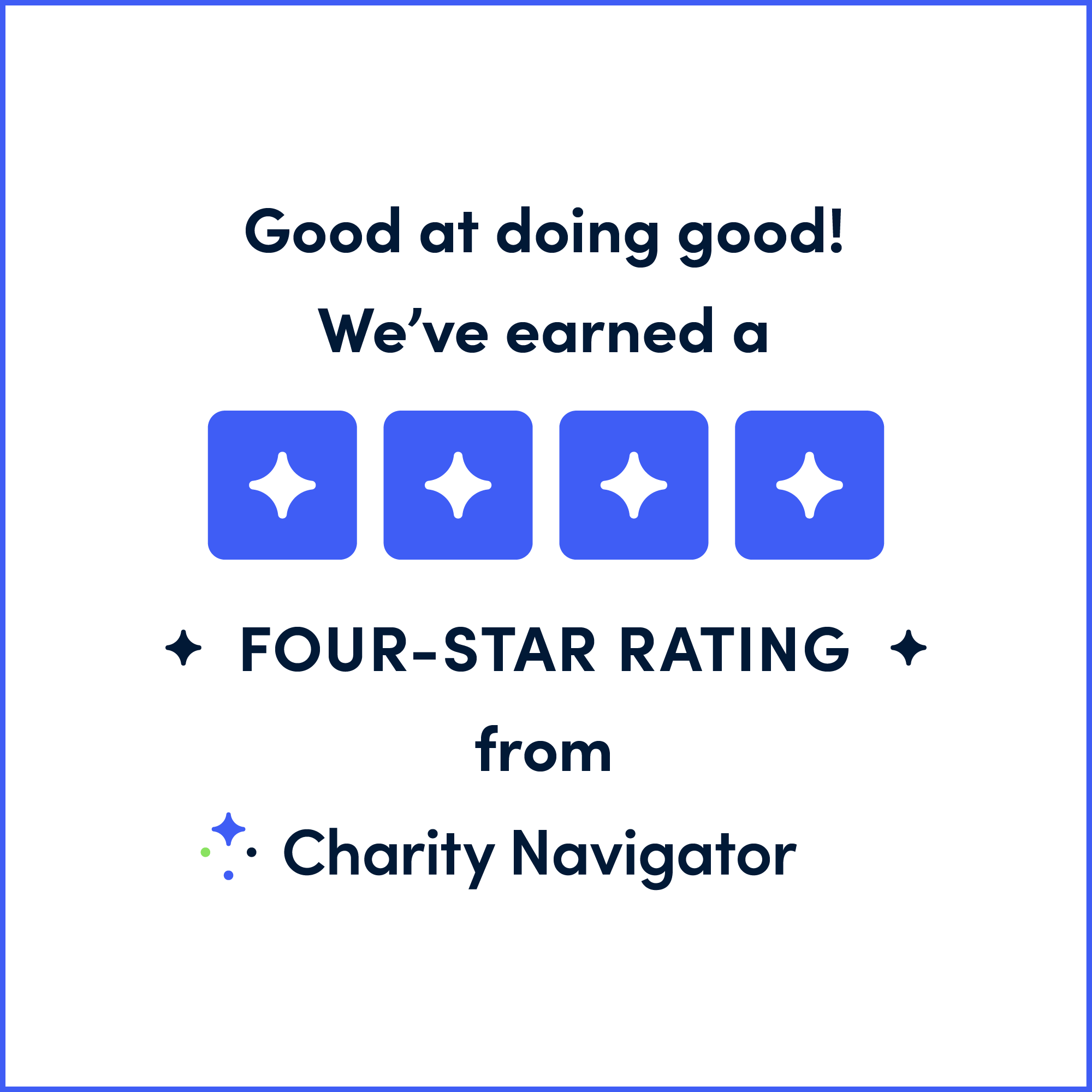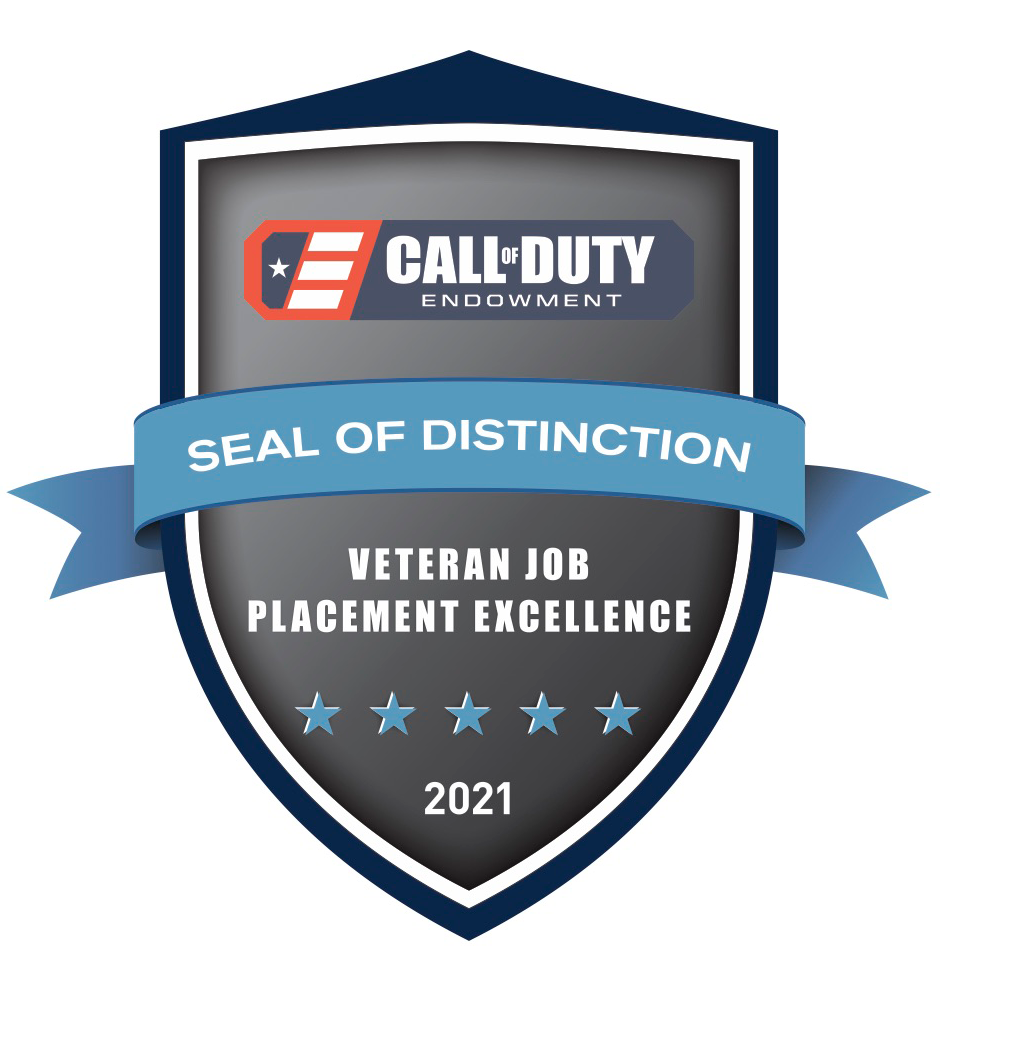Military Transitions: The Value of Mentorship

Depending on who you talk to, a mentor can be a friend, a teacher, a confidante, a subject-matter expert, or some combination of all of the above. My experience with mentorship has been incredibly positive and I’m sharing it in hopes that more veterans realize the value and impact that a mentor can have on their life after they get out of the military.
I began my relationship with my mentors about six months ago. The first, Supriya, is in the same field as me and is guiding me as I begin my career as a management consultant at Accenture. The second, Amy, helps me more broadly, keeping me on track as I navigate this crazy, complicated thing called life. Both women have very different life experiences and therefore offer wildly different perspectives. The two of them act as a sort of balancing agent to one another, evening me out so that I can pursue professional success without sacrificing an authentic life.
Reasons to Get a Mentor
I didn’t have a mentor during my time in the Army and navigated my military career largely on my own. Although I was able to achieve success, I believe I experienced far more struggle and pain than if I’d had someone to talk to, to bounce ideas off of, and who was invested in my success.
Knowing that I didn’t want to repeat the same mistake as I began my corporate career, I committed to establishing a relationship with a mentor.
Finding a Mentor
Finding a mentor can be organic or calculated. When I connected with Supriya, it was a very intentional choice and a deliberate process. I reached out to the American Corporate Partners (ACP) Women’s Veteran Mentoring Program, an organization that matches female veterans with female entrepreneurs and business leaders for enhanced, one-on-one, yearlong mentorships.
The connection with Amy was more serendipitous. I knew her husband through my work with HubSpot for Veterans. Ever since he told me, “You’re Courtney Wilson! You can do anything!” I looked at him as someone I could go to if I was feeling lost. We ran into each other at a conference and as we were catching up I mentioned that I was looking for a woman mentor. He responded enthusiastically: “I have the perfect woman for you. And she just happens to be my wife!” Within a week, I had my first call with Amy.
Building the Relationship
Each mentor relationship is different. Since Supriya and I have a formal relationship through ACP, we meet for an hourlong video call every other week. The conversations tend to be very targeted, focusing on a specific goal, problem, or question that I have and that are solution-oriented. In comparison, my conversations with Amy are much more free-flowing. We meet once a month over video, but some of our meetings have involved breakfast or yoga.
I appreciate both types. With the structured focus of my meetings with Supriya, I continue to progress at a steady, consistent rate, whereas the looser format of my meetings with Amy allows me to be in the moment and appreciate the present.
Veteran vs. Civilian Mentors
When I first started my search for a mentor, I debated whether I wanted to go with another veteran, knowing that a shared experience would probably make it easier to connect. I also know that some of the issues I face are unique to my being a veteran, so I could find additional value in speaking with someone who has already navigated their way through them. Plus, I was afraid that I would lose my military roots without a fellow veteran to remind me of them.
Ultimately, I decided to leave it up to fate, and in the end, I’m glad that my mentors are not veterans. It forces me to challenge my assumptions, beliefs, and thoughts about myself and the world around me. Precisely because we don’t have that shared experience, there are many things that I need to explain that I’ve never had to verbalize.
The Impact of a Mentor
Having a mentor has absolutely created a positive impact on my life. Besides helping me work through problems, progress toward goals, and stay on track, my time with Amy and Supriya has made me appreciate the complicated, confusing nature of life. It doesn’t change it, but their words, encouragement, and advice make me realize that everyone goes through things. But we don’t have to go through them alone.
Find out more about Springboard’s efforts to help veterans transition to satisfying post-military careers, including scholarships for veterans and support from veteran alumni, here.











